Contractual Control over Information Goods after ML Genius v. Google (Guest Blog Post)
Technology & Marketing Law Blog
JULY 18, 2023
We know, however, that many laws limit free access and use of information goods, most prominently copyright law (and IP law generally). This tension between copyright policy and contract law is not new , but developments within and outside the law might put it center stage again. In December 2022, the Supreme Court invited the U.S.


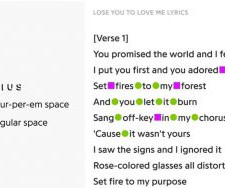






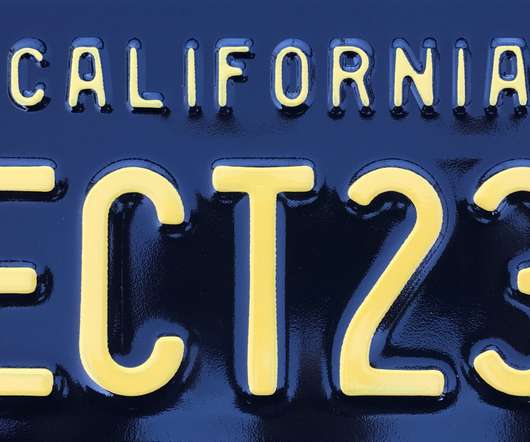
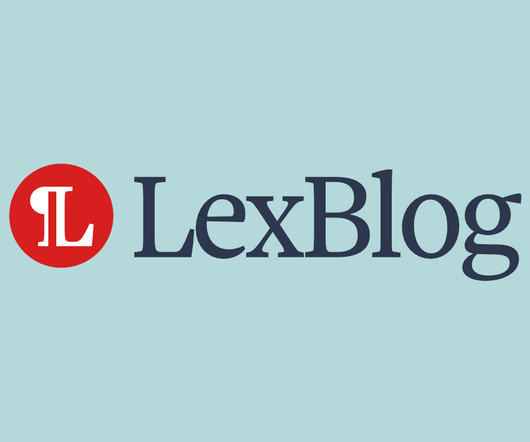
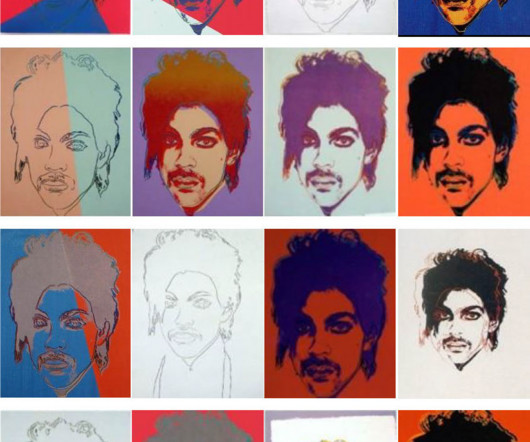
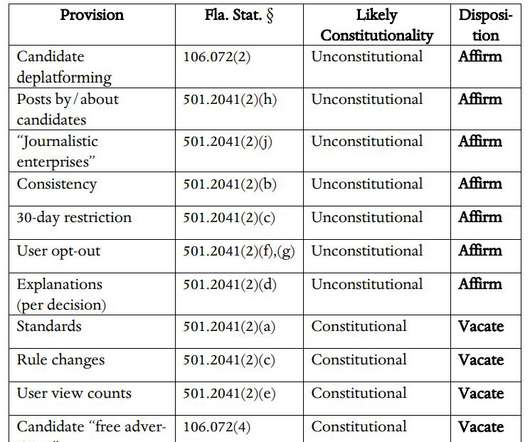
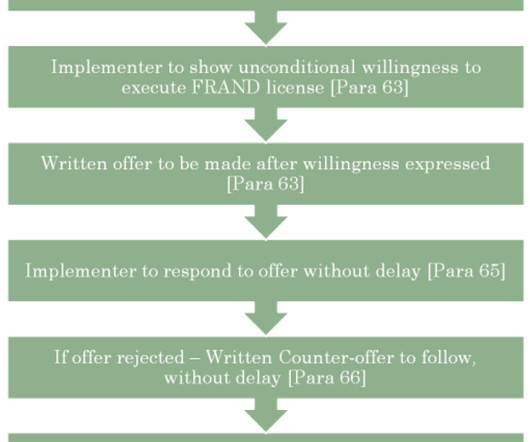

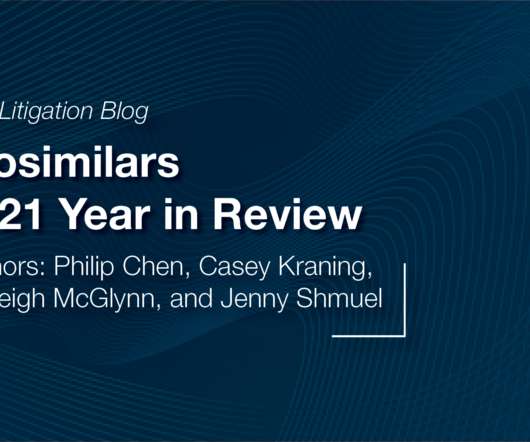








Let's personalize your content